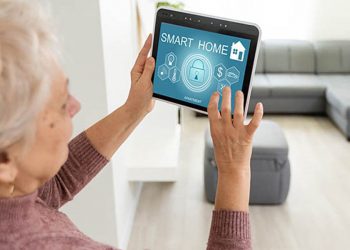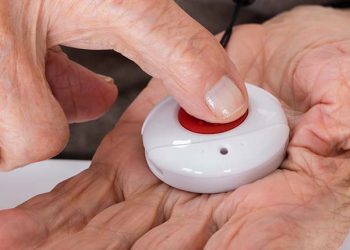Dieser Beitrag ist auch verfügbar auf:
Deutsch
Smart (or intelligent) systems are systems that process digital data, derive information from it and forward it to connected systems for further use.
In terms of building technologies, this is understood to mean learning systems that adapt automatically. They adjust their behavior to the environment, such as the needs of the users.
These self-learning systems offer a wide range of options for increasing comfort and safety and reducing resource consumption. Even simple “intelligent” thermostats can reduce heating costs by 5 to 8 percent.
Intelligent energy management can optimize energy consumption throughout the home. Smarthome control centers, for example via KNX, can also take over security tasks, control the lighting or provide entertainment in every room through central control of multimedia devices.
Intelligent technology also makes self-determined living in old age possible (assisted living). For example, sensors detect movements in the home, stays in bed or the use of electrical devices. Deviations from normal behavior are reported immediately. This goes as far as automatically switching off stoves or TV sets.
The term SMART is used in many other areas: For example, “smart goals” are also used in project management. SMART here is an acronym for Specific Measurable Achievable Reasonable Time-bound. In German: Specific, measurable, achievable, appropriate, scheduled.
Smart targets serve as a criterion for setting goals and agreeing on objectives in the context of project management, employee management and personnel development.
Supplemented by “ER” (ecological/resourced), SMART becomes SMARTER. One understands then also projects, which are ecological and resource-saving.
Author: Anja Herberth
Chefredakteurin
















